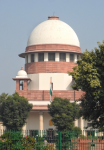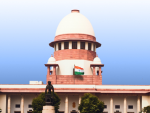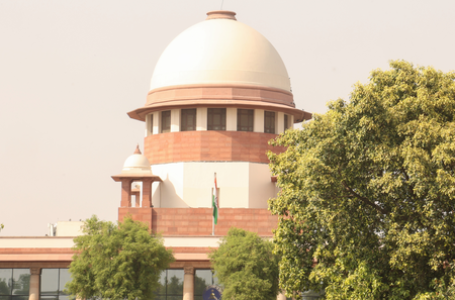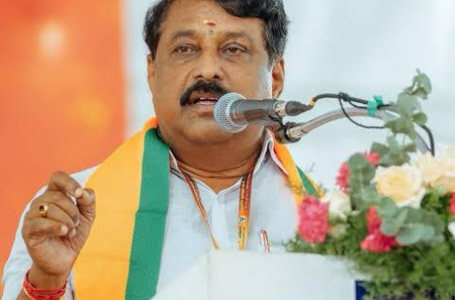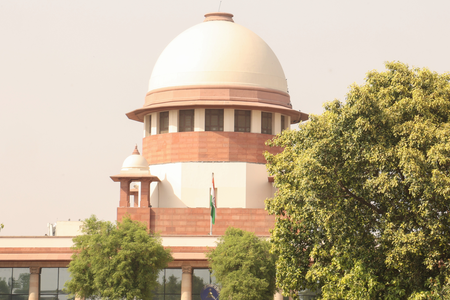
New Delhi: The Supreme Court on Thursday said that Governors cannot indefinitely withhold assent to Bills passed by state legislatures, holding that the Constitution provides only three “clear options”, i.e., either grant assent, return the Bill to the legislature with comments, or refer it to the President.
A Constitution Bench headed by Chief Justice of India (CJI) B.R. Gavai, answering the Presidential reference made under Article 143, held that while the Governor does enjoy limited discretion under Article 200, that discretion is strictly confined to the choices enumerated in the Constitution.
“We hold that the Governor does not have the power to simpliciter withhold,” the five-judge Bench, also comprising Justices Surya Kant, Vikram Nath, P.S. Narasimha, and Atul S. Chandurkar.
The apex court clarified that “the three clear options he has are to either grant assent, return the Bill to the legislature with comments, or refer it to the President. He has discretion in choosing any of these three options.”
It added that the discretion so vested “cannot allow him to hold Bills in perpetuity”.
The CJI Gavai-led Bench observed that the constitutional framework places the elected government “in the driver’s seat”.
“It is the elected government, the Cabinet, that should be in the driver’s seat and that there cannot be two executive power centres,” the apex court said, rejecting the Centre’s arguments that Article 200 confers an unrestricted discretion on the Governor.
Noting that the Council of Ministers is unlikely to advise the Governor to return a Bill or reserve it for the President, the Supreme Court said it would be “unfathomable to hold that the Governor is not empowered with discretion under Article 200”.
It added that the President “will be unable to exercise this option unless the Governor reserves the Bill for his assent”.
The opinion came in response to a Presidential reference seeking clarity on timelines for gubernatorial and presidential assent, after a 2-judge Bench of the Supreme Court in the Tamil Nadu Bills case declared Governor R.N. Ravi’s prolonged inaction on 10 Bills as “illegal and arbitrary” and set a three-month deadline for Presidential and gubernatorial approval of Bills passed by the legislature for a second time.
In July, the Constitution Bench had issued notices to all states in the matter titled “In Re: Assent, Withholding or Reservation of Bills by the Governor and the President of India”.
Earlier, in April 2025, a Bench of Justices J.B. Pardiwala and R. Mahadevan invoked its extraordinary powers under Article 142 to set a three-month deadline for Presidential decisions on reserved Bills, effectively bringing Presidential actions within the fold of judicial review.
IANS










